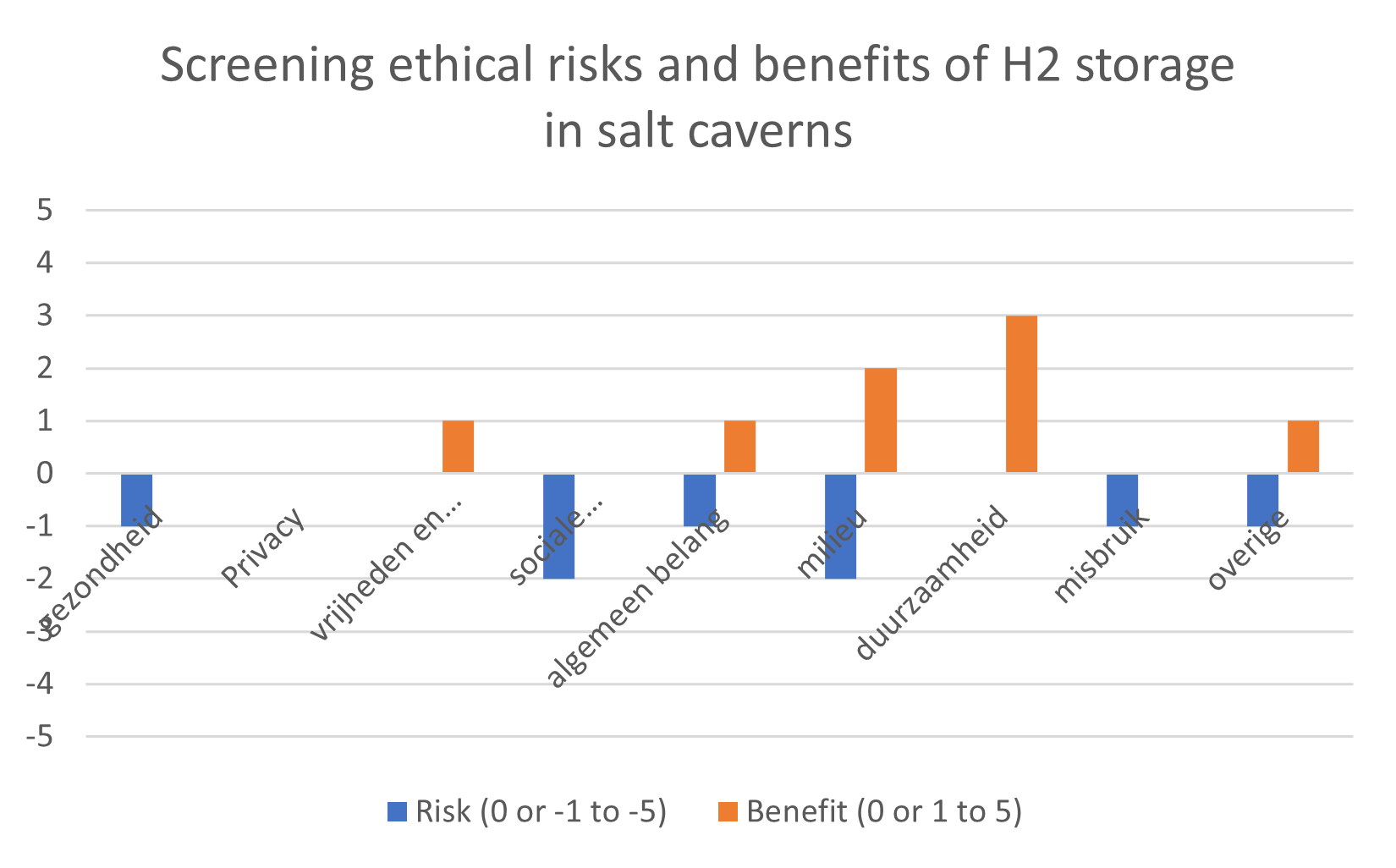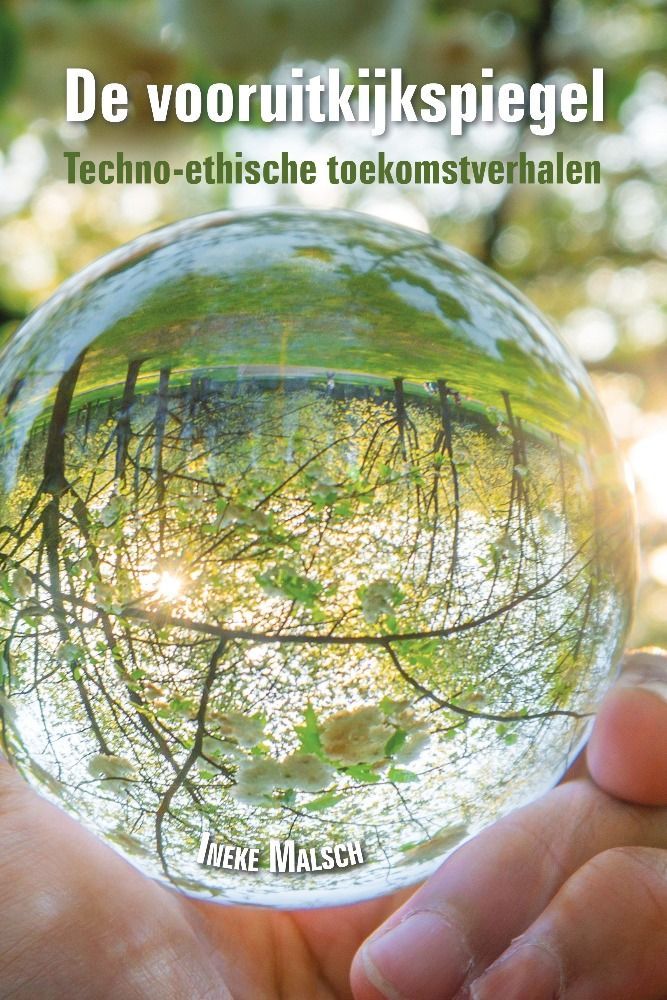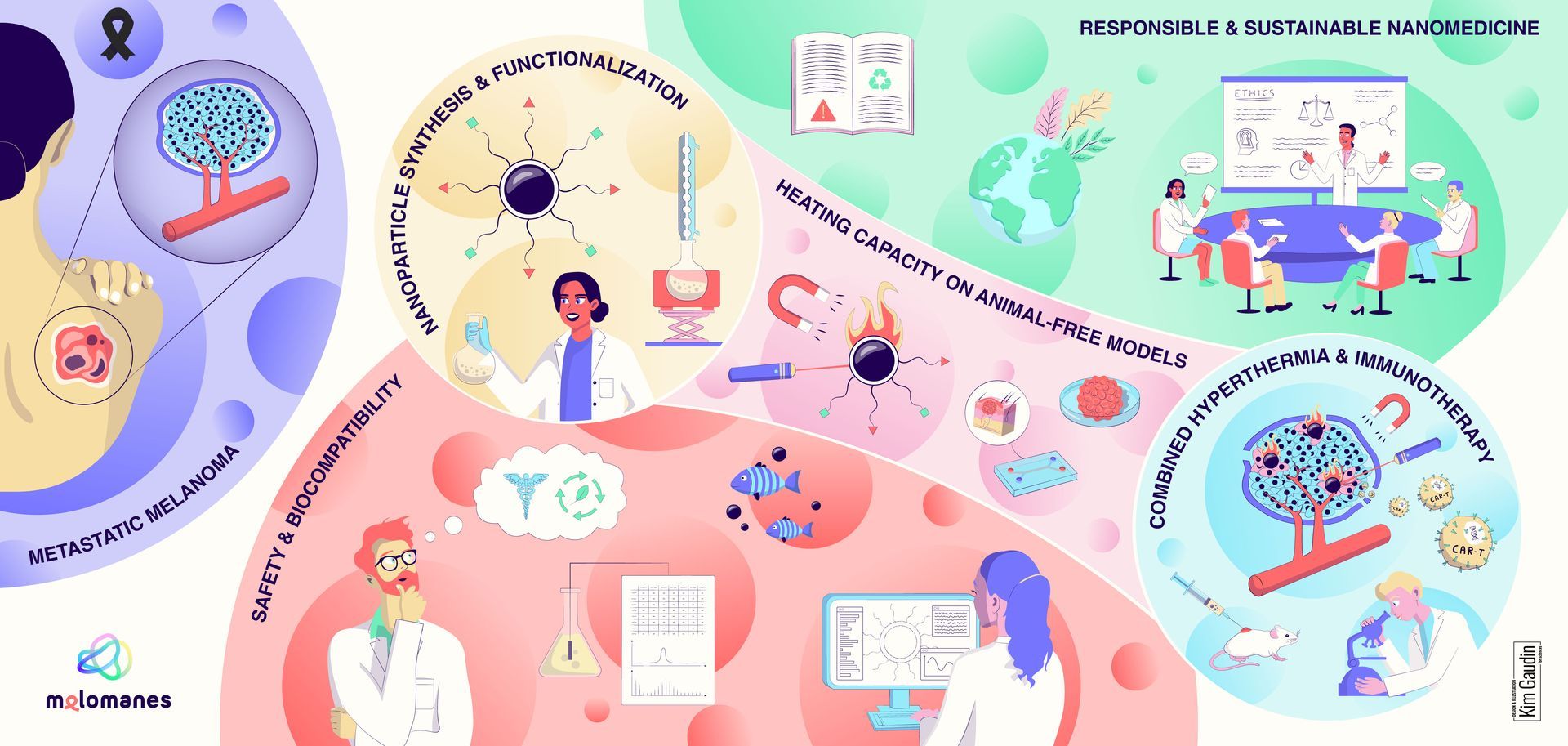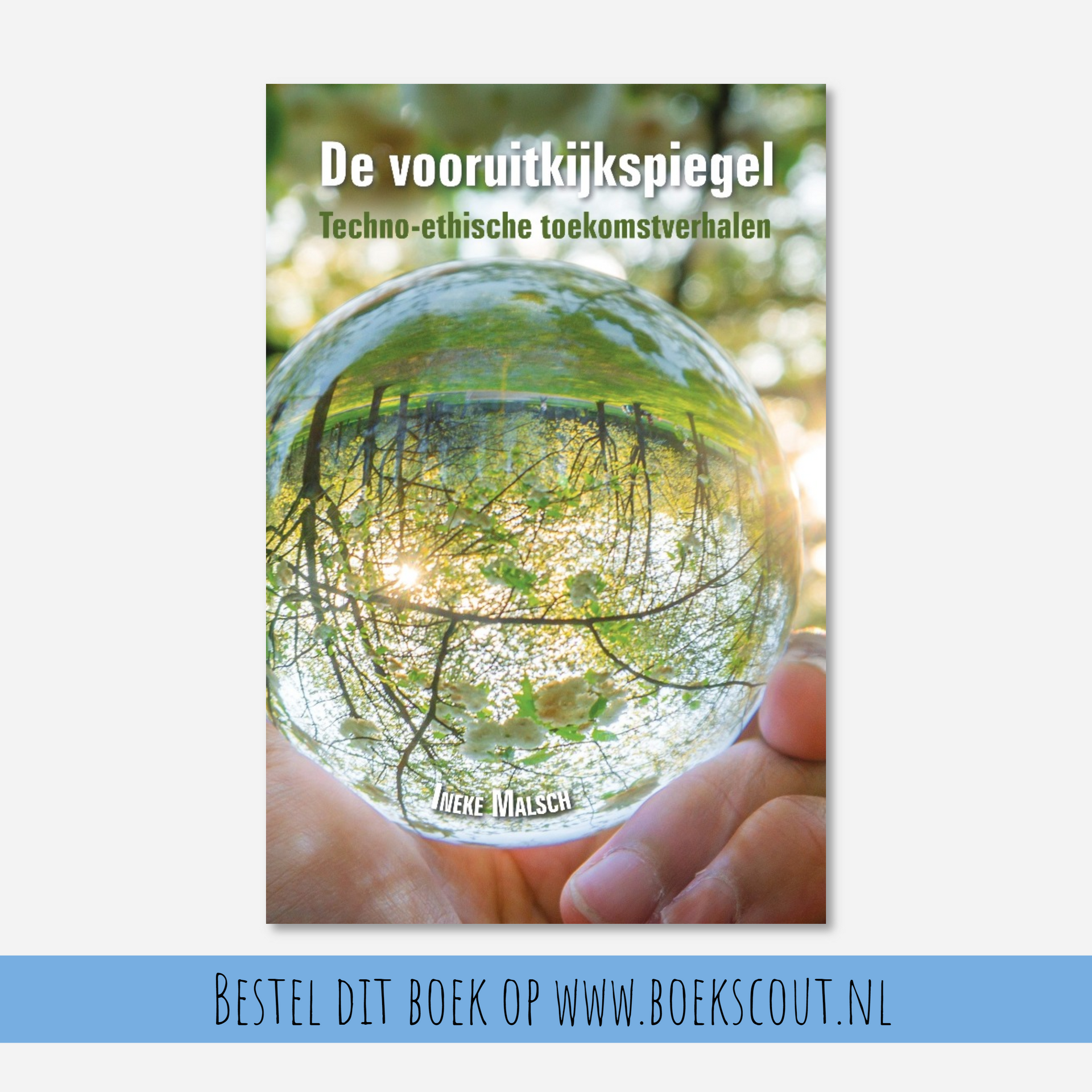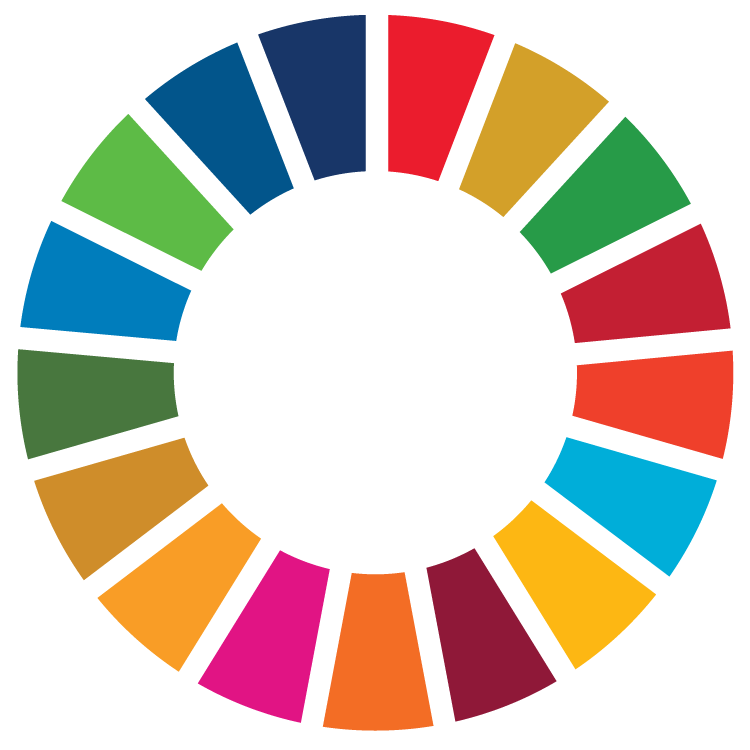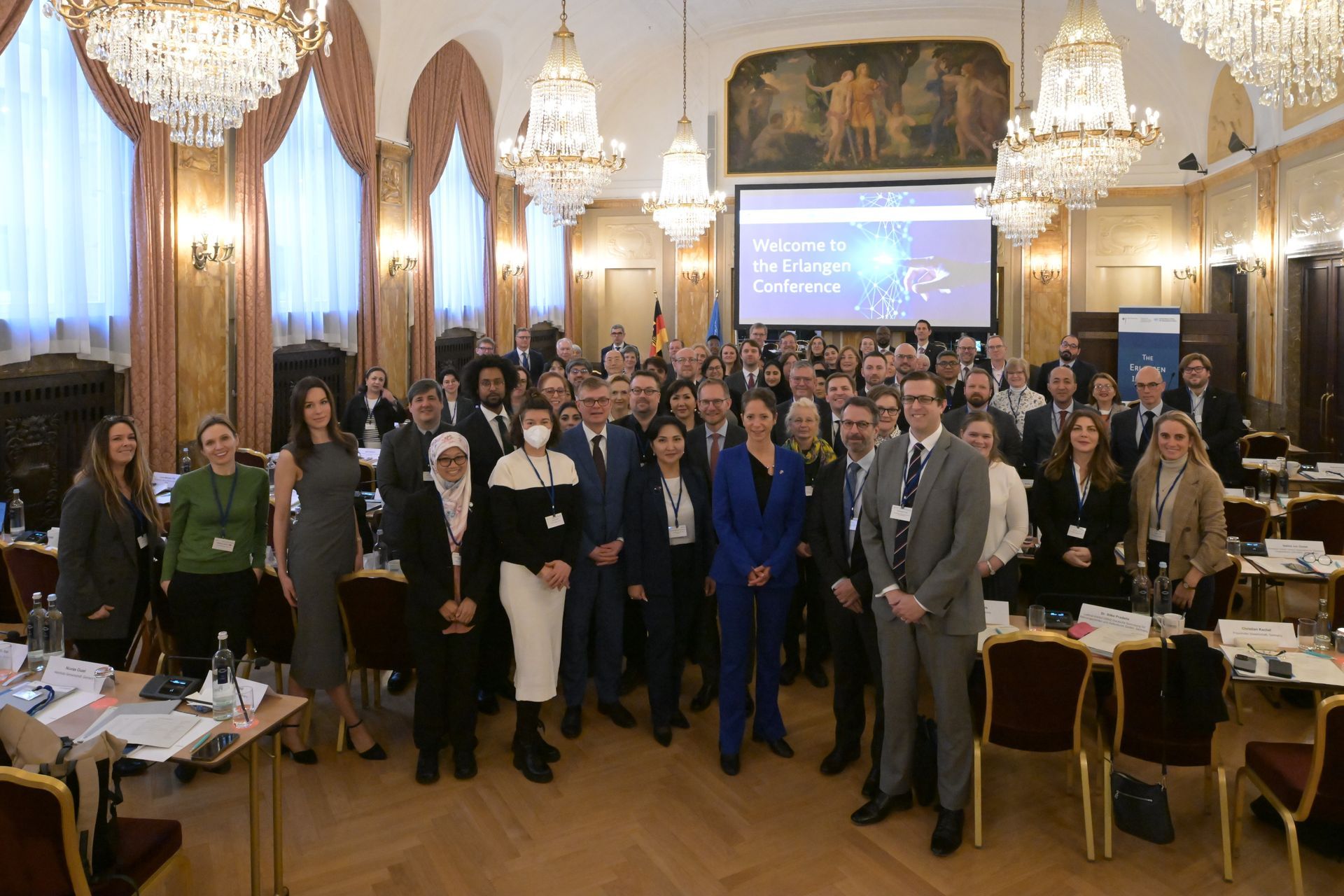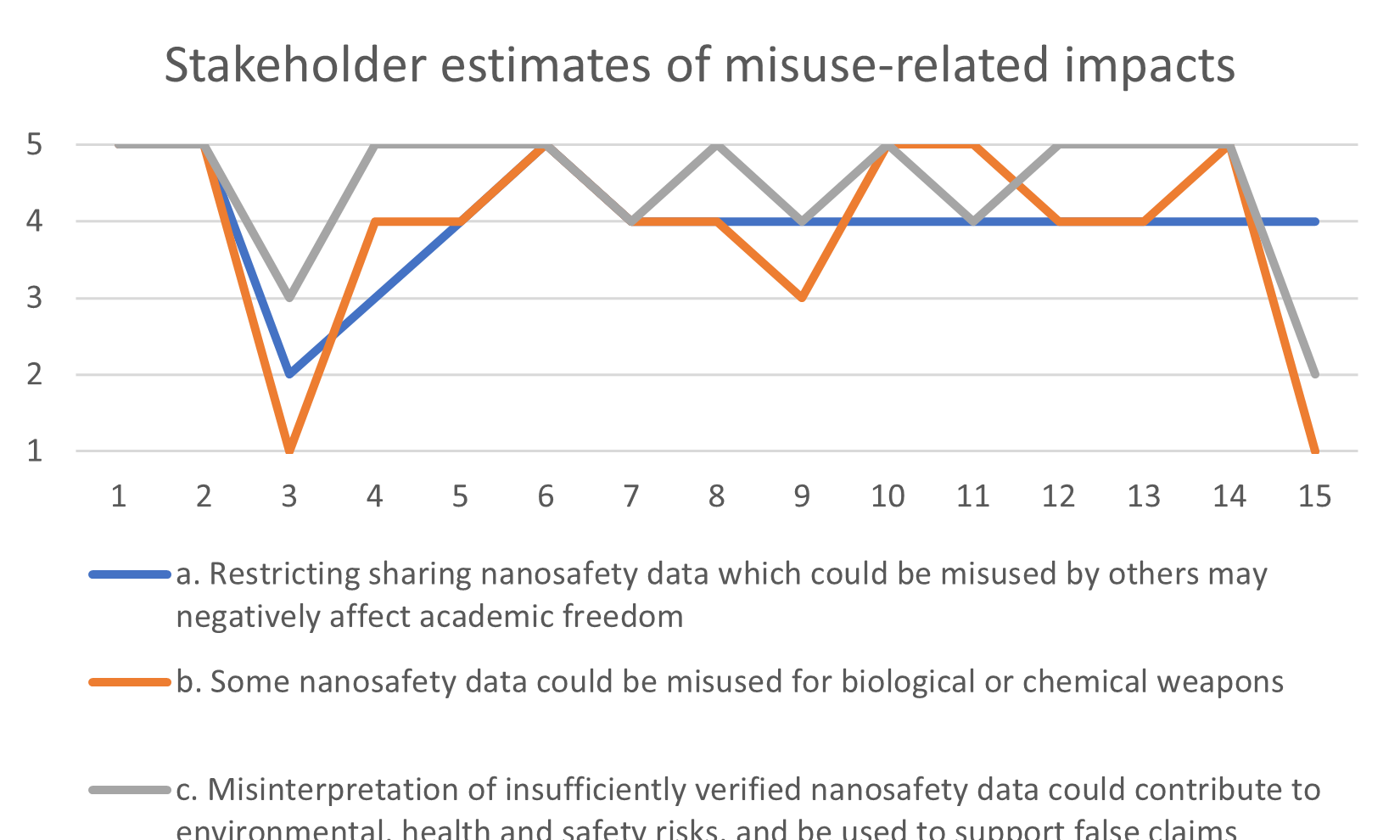Sustainable Europe 2050 - Is the European Green Deal economically viable?
On 2 September, Venture Café Rotterdam hosted a role play imagining life in Rotterdam in 2050, contributing to the conference on the Future of Europe
In 2015, the United Nations adopted Agenda 2030, to achieve 17 Sustainable Development Goals by 2030. These goals contribute to combatting climate change and eliminating pollution, fighting poverty and improving healthcare, and strengthen international law and peaceful international collaboration including public-private partnerships. The European Union contributes through the Green Deal, with 2 landmarks:
· Europe fit for 55 by 2030: 55% less greenhouse gas emissions in 2030 compared to 1990
· Net-zero emissions by 2050
On 9 May 2021, the EU launched the Conference on the Future of Europe, inviting all citizens of the European Union to participate, organise local events and submit their ideas on 9 themes including the Green Deal via the website: https://futureu.europa.eu. In the framework of this Conference, Venture Café Rotterdam features a 2-session dialogue on the Green Deal:
· 2 September 2021: role play to imagine life in Sustainable Europe in 2050
· 9 September 2021: round-table dialogue on ideas for the European Green Deal
Scenario Sustainable Europe 2050
The European and African Unions have turned the Sahara Desert into the central solar power-hub, supplying the Euro-African continent of electricity and green hydrogen. Through this breakthrough and other investments in renewable energy supply, climate neutrality has been achieved in time for the 2050 deadline. Nevertheless, climate change has progressed: Major parts of Rotterdam are regularly flooded in winter and heat stress makes the city centre uninhabitable during the summer.
To make Rotterdam more climate resilient, 2 approaches are taken:
· High-tech: Rotterdam harbour is the linchpin of a public-private partnership of government, industry and higher education institutions investing in high-tech climate-neutral industrial ecosystems: robots and artificial intelligence dominate the economy and politics – expert systems select students for a particular career and guide professionals in making evidence-based decisions – the agri-food system is approaching circularity, manure and food waste is recycled to fertiliser and feed, cattle is kept in closed stables under controlled conditions – hydrogen-powered autonomous cars, ships and drones are used for local and long-distance transport.
· Low-tech: In the greater-Rotterdam area, grass-roots citizen communities are experimenting with their own do-it-yourself low-tech climate resilient solutions: using biotechnology to make vegan diets more nutritious – using bikes and canoes for local transport – joining forces in local cooperatives building small windmills and solar energy plants with local materials – planting trees and constructing floating and naturally cool houses.
Role play
Participants played the role of a member of one of these communities (the names are of the played characters), and discussed:
· What would it be like to live in Rotterdam in 2050?
· Would you prefer the high-tech or low-tech approach to climate resilience?
The following issues were discussed:
Chen Chong, an entrepreneur selling (water-) bicycles, is developing innovative low-tech solutions for local transport. He advertises his water-bicycles, made by humans supported with a bit of Artificial Intelligence. These water-bicycles fit into a hippy lifestyle and can also be used as a house. They are perfect to help save our planet. We can focus on low-tech solutions because we have a dome to protect our houses from climate change. The quantum computers and artificial intelligence can be like humans, but a bit different.
Ingrid Smit, Rector of Erasmus University Rotterdam is a quantum computer specialist dreaming of winning the Nobel prize. She is keen to collaborate in applying quantum computers in combining high and low-tech. By 2050, EUR will engage university staff and students in applying high-tech for the common good and sustainable development of Europe. By 2050, the risks and ethical issues of artificial intelligence have been overcome. Robots are like human beings. However, it is questionable whether Rotterdam still exists in 2050.
Chen Chong thinks it will be like Venice, with water running through the streets.
Robert Hart is president of a business association, aiming to keep Rotterdam harbour competitive and profitable. This is a great challenge because of tough weather. The size of ships has increased to make them more stable in heavy storms. We will have to make tough choices. The global population has increased, and we need to transport more food to feed them. To keep Rotterdam harbour competitive, we must invest in infrastructure to import food from all over the world and distribute all over Europe.
Chen Chong questions this need for transport, because algorithms can do the work and in local makerspaces, all products can be produced locally.
Robert Hart points out that we will still need to transport natural resources, especially scarce materials which are only found in some parts of the world. There was some discussion whether lithium, which is essential for batteries, will still be used as much in 2050. Other materials may be available by then.
Emeka Arebati is the African ambassador keen on expanding the market for Saharan solar energy in Rotterdam. He stresses that Africa supplies electricity as a service to the rest of the world. They cooperate with the Chinese in shipping green hydrogen and ammonia which is produced with the solar electricity in the Sahara.
Klaas Jansen is opposition leader in the municipal council, favouring human-centric approaches. He fears to be out of a job in 2050. Human centric approaches have been adopted universally in the 2020s already. Then, all individuals have been brought together to decide and collaborate with everyone, including other species, on sustainable development. Citing Elon Musk, he stresses that if you give 30 years to accomplish something, it will take 30 years. In 2021, we are facing a climate emergency. If we give ourselves 3 years, it will be solved in 3 years. Humans should be protected. We will survive if we change our mindset today, abolishing competition and moving to the circular economy, reusing materials as well as human resources.
The discussion moves to the role of money. Emeka Arebati points out that as African ambassador, he visits Rotterdam to earn money for the Saharan solar energy to pay back the loans for the investment in infrastructure for transporting the electricity and solar fuels to worldwide customers. Major electricity cables must cross the Mediterranean between North Africa, Italy, Spain, and Greece, to supply Europe with electricity, and solar fuels like liquid hydrogen and ammonia will be transported to other countries like Japan, which are too far away. Japan has always needed to import energy and it is a long way from Africa. Ammonia is easier to transport than hydrogen because it only needs to be cooled to -30 degrees Celsius, which is possible in current (2021) tankers.
There is some discussion about the risk of accidents with these transports and whether larger ships were unsinkable and less prone to accidents. A good practice example could be flexible, earth-quake resistant building in Japan.
Another issue is if it will be necessary to invest in other renewable energy sources. Rotterdam has lots of wind, but the 2021 generation windmills is not very popular. Innovation and redesign of windmills could be useful. Will this energy be produced at the time it was needed? Solar electricity production is also not available 24 hrs. A mix of different sources of renewables will be preferred, together with enough storage capacity for storing the energy for later use.
Klaas Jansen cites Einstein: we cannot solve a problem with the same way of thinking which caused it. Design thinking could help, and transition to the circular economy addressing sustainable development goal 12. We have produced enough goods and materials we need to transfer to the donut and circular economy.
The question is raised whether Rotterdam needed such a big harbour in a circular economy, where we don’t transport lots of plastic stuff. In the harbour, space for floating villages could be created to house the increased population, and with floating farms on pods. In addition, the demand of some rich people on owning big houses taking up a lot of scarce space was questioned.
Finally, the elephant in the room is revealed: the discussion has avoided the issue of the economy. Even if opinion leaders are so motivated to transition to sustainability and collaboration for the common good, they need money to pay followers to do work which is not fun, like in building ships, protective domes and other technological solutions protecting us from climate change.
On 9 September, the dialogue will continue and focus on recommendations for the European Union and stakeholders to contribute to the Green Deal in the next 5, 10, and following years. Info: https://venturecaferotterdam.org/.
